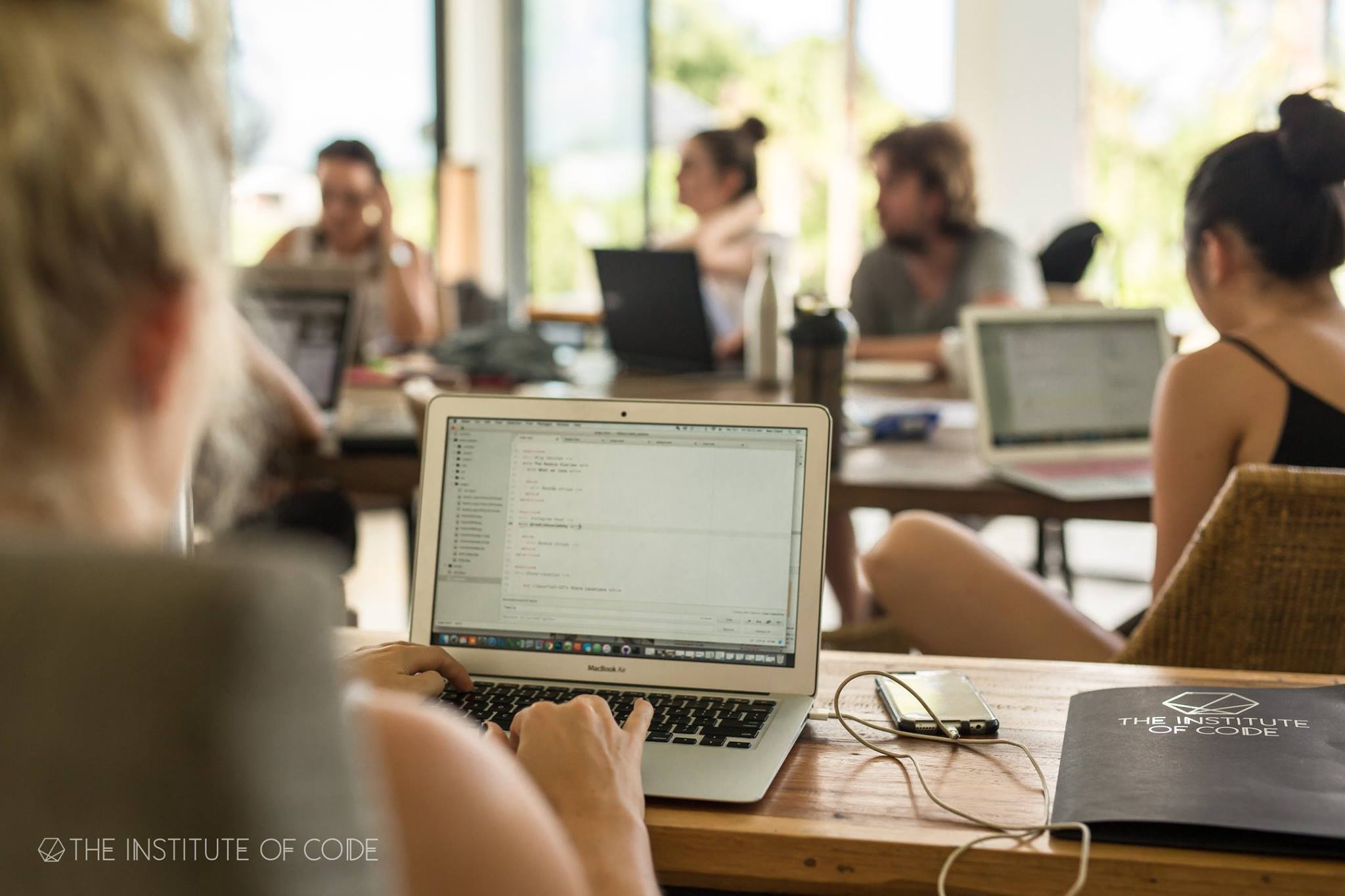To start, I want to ask you a question. Think back to the last class you took. How much do you still remember?
If your answer is ‘not all that much’, that’s ok! You’re just experiencing the very natural phenomenon known as ‘the forgetting curve’, coined by Hermann Ebbinghaus, a German psychologist back in the 1880s.
Ebbinghaus proved that in a traditional classroom environment, people will have forgotten 50% of what they’d been taught within an hour. Within 24 hours, this number rises up to 70%. Within a month, people will have forgotten an astonishing 90% of the information presented to them.
This was back in the 1880s. Since then, the world has vastly changed. People’s attention spans are shorter than ever, from the estimated 7-10 minute back then, to possibly just 8 seconds now. The internet, social media, smartphones and notifications bombard us with so much information that retention becomes harder than ever.
This certainly makes learning something as intricate as coding hard. It’s notoriously hard enough to learn coding without all the annoying distractions in the way. And it’s even harder to learn it the traditional way, copying lines of text off a whiteboard classroom style.

So if attention is so scarce to come by, what is the best way to learn something like coding?
Immersive learning has been long known as one of the most effective ways to learn new skills. It’s is where you’re placed in an interactive environment to learn particular skills or replicate life-like scenarios. It can be done in a physical space, such as a bootcamp, or in a virtual environment, with a virtual reality headset.
As technology has improved, and travel becomes increasingly more affordable, immersive learning has become more accessible than ever. Here are three big reasons why you need to learn coding in an immersive environment.
You’ll stay committed
People who sign up to online courses often cite flexibility, convenience and it’s ability to fit into your current lifestyle. And it’s true - many courses will allow you to work at your own pace, completing modules whenever and where you can.
But this is a double-edged sword. What most people don’t remember is learning still takes time, energy and the same amount of commitment as any other learning program. When people realise you still have to study at night after 8 hours of work, they get demotivated. Combined with the low cost of these programs and the lack of structure, it then becomes incredibly easy to just drop out.

Bootcamps and immersive environments effectively lock you in for the pre-designated amount of time. You’ll understand you have no-where to go, and nothing else to do, except to learn. Founder of Y Combinator, Paul Graham, often tells his students, “Use Y Combinator as the bad guy with your friends and family, we’re the reason you’re too busy to hang out, go out for dinner or help someone move.” By only having the one thing to do, you’ll be able to commit to the program better and focus on your learning easier, increasing the likelihood of seeing the course to the end.
You learn by working on real projects
Immersive learning is all about learning by doing.
Learning code is literally like learning another language. Without actually constantly speaking it, reading it and hearing it, it’s impossible to properly learn. After all, it seems pretty useless if you learn Chinese from textbooks, then fail to speak to other Chinese speakers.

To learn code, you need to work on real projects and consistently use the language in practical, real-life scenarios. Real projects provide structure and an end goal to work towards that will guide your learning process. It’ll also give you a taste of what it’s like to work in the industry and at the end of it all, you’ll have something tangible that you can show others.
Real face-to-face support
Traditional education models and online courses all suffer a common problem - there’s often a disconnect between the teacher and the student. Teachers often never properly get to know students (or even meet them!), making it hard to develop effective curriculums or provide the support students need.
By being physically present with mentors in an interactive, small group setting, support becomes much easier to come by. By having constant support and monitoring from mentors, your learning experience becomes much more tailored for you. If you’re truly learning at your pace with the support you need, and physically close to others who are in the same boat, you’ll not only learn faster, but have a better time at it.

